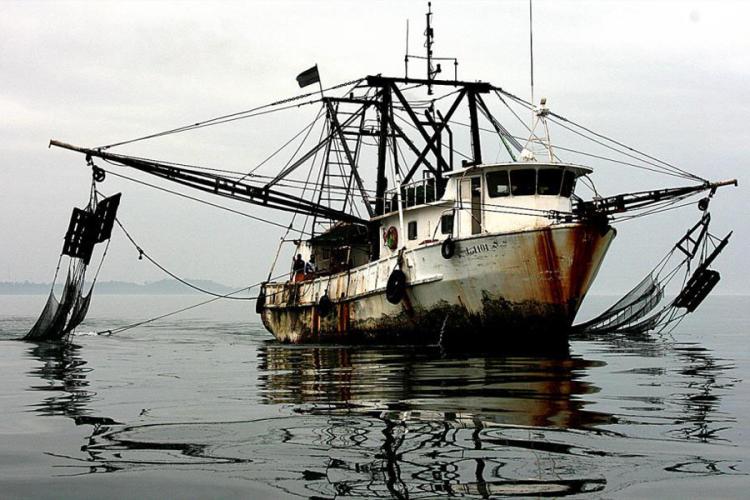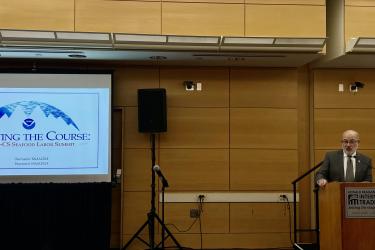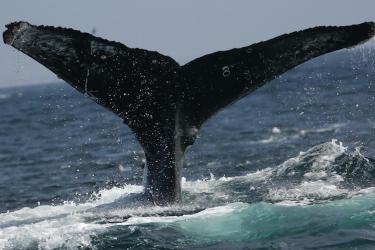Addressing forced labor is particularly challenging within the seafood industry. Fishing activity is often isolated, with vessels sometimes spending months to years at sea, impeding the escape from, or the reporting of, labor abuse.
Emotional and physical abuse, sometimes resulting in death; excessive overtime; poor living conditions; deceptive or coercive recruiting; and non-payment or underpayment of wages are some examples of the abuses sustained by fishing sector workers subjected to human trafficking, including forced labor.
Several agencies, and the Department of Commerce, have a mandate to detect and deter these activities including the Departments of Homeland Security, Justice, Labor, State, and Treasury.
We are committed to taking action to end this practice and ensuring that products produced with forced labor do not enter U.S. markets.
Report to Congress on Human Trafficking in the Seafood Supply Chain
The National Defense Authorization Act for Fiscal Year 2020 (Public Law 116–92), section 3563, directed the Departments of Commerce and State to draft a report to Congress addressing the issue of Human Trafficking in the Seafood Supply Chain.
The Report lists 29 countries that are most at risk for human trafficking in the seafood sector --documenting the quantity and value of seafood imports from each listed country, and discusses seafood traceability programs in each listed country.
The Report also discusses current U.S. government efforts to combat human trafficking in the seafood industry, including enforcement mechanisms and provides ten recommendations for legislative and administrative action to combat human trafficking in this sector. Recommendations include outreach to listed countries, promoting global traceability efforts and international initiatives to address human trafficking, and strengthening collaboration with industry to address human trafficking in the seafood supply chain.
This Report signifies an important step in enhancing and coordinating the United States’ efforts to combat human trafficking in the seafood sector.
View the Joint Report to Congress here.


